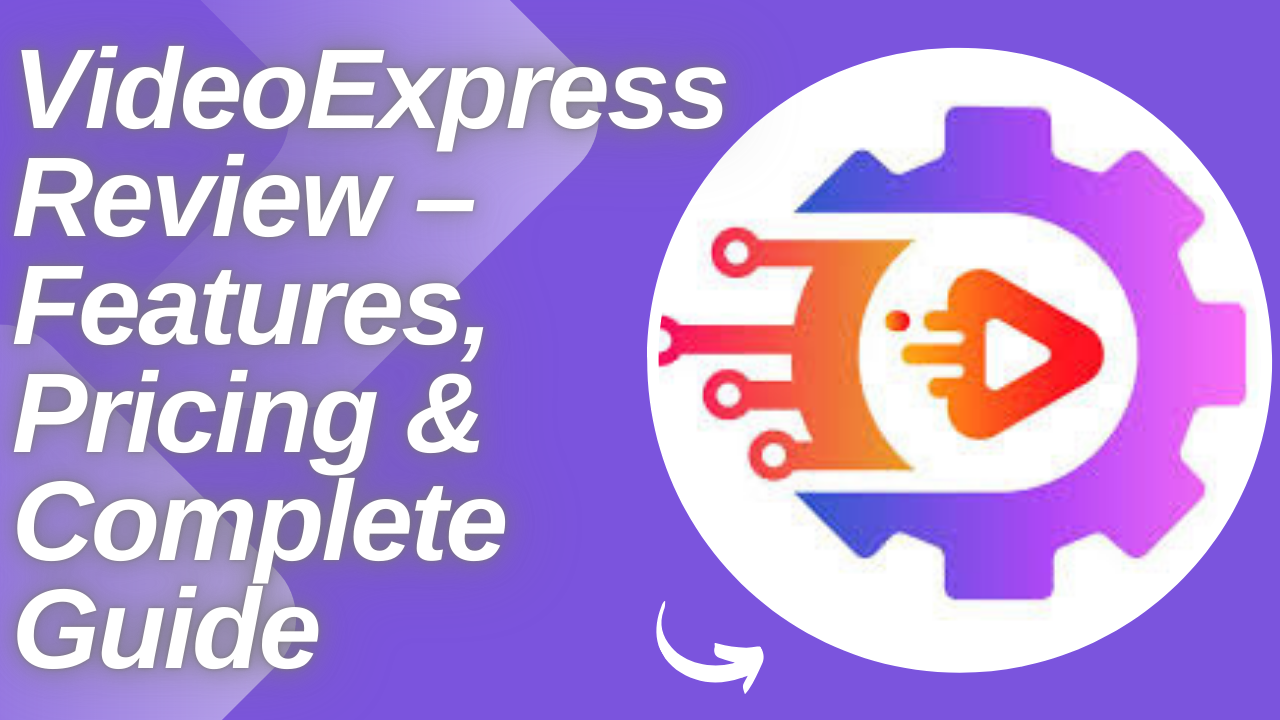When it comes to digital marketing, keeping an eye on your competitors is just as important as focusing on your own website. Competitor analysis helps you understand which strategies are working for others in your niche, where their traffic is coming from, and how you can gain an edge. The good news is that there are plenty of SEO tools available that make this process easier. But with so many options, how do you know which one is best for analyzing competitors’ websites?
In this detailed guide, I’ll walk you through the top SEO tools for competitor analysis, explain what makes them powerful, and share real-world examples of how businesses use them to improve their online visibility. By the end, you’ll have a clear idea of which tool fits your needs and budget.
Why Competitor Analysis Matters in SEO
Before we jump into tools, let’s understand why competitor analysis is so crucial in search engine optimization.
Imagine you’re running a hotel business in Goa. You want to rank higher for keywords like “best beach resort in Goa” or “luxury hotels near Baga beach.” Without analyzing your competitors, you’re shooting in the dark. Competitor analysis tells you:
- Which keywords your competitors rank for
- How many backlinks they have and from where
- What kind of content gets them the most traffic
- Whether they invest in paid ads alongside SEO
- Where you can find untapped opportunities
In short, competitor analysis helps you avoid mistakes, find gaps, and design a smarter SEO strategy.
Best SEO Tools for Competitor Analysis
Now let’s explore the tools one by one and understand how they can help.
1. Ahrefs
Ahrefs is one of the most popular SEO tools worldwide, and for good reason. It’s best known for its backlink analysis, which is vital for SEO success. With Ahrefs, you can:
- Enter a competitor’s domain and see all the websites linking to them.
- Discover the keywords they rank for organically.
- Analyze their top-performing pages in terms of traffic.
- Identify content gaps where you can target keywords they missed.
For example, if you’re running an e-commerce store selling sports shoes, you can analyze a competitor like Nike or Adidas to see what keywords bring them traffic. Then, you can optimize your own content to rank for similar terms.
The only drawback is that Ahrefs is slightly expensive, starting at around $99 per month. But if you’re serious about SEO, the investment is worth it.
2. SEMrush
SEMrush is another powerful all-in-one SEO tool. While Ahrefs shines in backlinks, SEMrush is stronger in keyword research and competitive insights.
With SEMrush, you can:
- Compare your website against competitors with a feature called Domain vs. Domain.
- See the exact keywords your competitors are ranking for and how much traffic they bring.
- Check the ads they are running on Google Ads and estimate their budget.
- Track competitors’ positions in SERPs (search results) over time.
For instance, if you own a digital marketing agency, SEMrush can show you what keywords other agencies target in their blogs or ads. That way, you know how to position your services differently.
SEMrush pricing starts at $129.95 per month, which is a bit higher than Ahrefs. However, it offers more marketing-related features, so it’s excellent for agencies and businesses that also run paid campaigns.
3. Moz Pro
Moz has been around for more than a decade and is especially famous for creating the Domain Authority (DA) metric. This number (ranging from 1 to 100) estimates how authoritative a website is in Google’s eyes.
Moz Pro helps with competitor analysis through:
- Keyword Explorer, which shows keyword difficulty and SERP analysis.
- Link Explorer, where you can see your competitors’ backlinks.
- Link Intersect, which reveals sites linking to your competitors but not you.
If you’re a beginner in SEO, Moz Pro is easier to use compared to Ahrefs or SEMrush. It starts at $99 per month and offers a simple interface that doesn’t overwhelm new users.
4. SpyFu
As the name suggests, SpyFu is like spying on your competitors. It specializes in keyword and PPC (pay-per-click) competitor research.
With SpyFu, you can:
- Discover every keyword a competitor has ranked for in the last 15 years.
- See which keywords they buy on Google Ads and their estimated monthly spend.
- Track your own keyword rankings against competitors.
Let’s say you’re running a local business offering yoga classes. SpyFu can show you what keywords other yoga studios are targeting in ads and organic search. You can then decide whether to compete on those keywords or target different ones.
SpyFu is also more affordable, starting at $39 per month, making it a budget-friendly option for small businesses.
5. SimilarWeb
If you want to understand traffic insights, SimilarWeb is a fantastic tool. It doesn’t just show keywords and backlinks; it goes deeper into traffic sources.
With SimilarWeb, you can learn:
- How much traffic your competitors get monthly.
- What percentage comes from search, social media, referrals, or direct visits.
- Which countries or regions their traffic comes from.
This is especially useful if you’re planning international SEO campaigns. For example, if you run an online education platform, you can see which countries your competitors get traffic from and plan your content accordingly.
6. Ubersuggest
Ubersuggest is owned by Neil Patel and is a popular tool among beginners because of its affordability and simplicity. It offers:
- Competitor keyword research.
- Backlink tracking.
- Content ideas based on what’s already working for others.
The best part is that Ubersuggest has a free version with limited daily searches. Paid plans start at just $12 per month, making it perfect for freelancers and small website owners.
7. Serpstat
Serpstat is another affordable alternative that provides many of the same features as Ahrefs and SEMrush. It includes:
- Keyword research and competitor analysis.
- Backlink monitoring.
- Site audits to check technical SEO.
It’s popular among startups and smaller agencies that need good insights without high costs.
8. BuzzSumo
BuzzSumo is slightly different from the other tools. It focuses on content analysis rather than just keywords and backlinks.
With BuzzSumo, you can:
- Find the most shared and engaging content in your niche.
- See what type of content works for competitors (blogs, videos, infographics).
- Identify influencers who share your competitors’ content.
For example, if you run a food blog, BuzzSumo can show you which recipes or food trends are going viral for your competitors. That way, you can create content with higher chances of getting shared.
Which Tool Should You Choose?
Now comes the big question: which SEO tool is best for analyzing competitors’ websites? The answer depends on your goals and budget.
- If you want the most comprehensive backlink analysis, go with Ahrefs.
- If you want keyword and ad competitor insights, SEMrush is the right choice.
- If you are a beginner and want something simple, Moz Pro or Ubersuggest is ideal.
- If you’re looking for traffic source analysis, SimilarWeb is excellent.
- If you want to focus on content strategy, BuzzSumo should be your tool.
Final Thoughts
Competitor analysis is not just about copying others. It’s about understanding the strategies that work in your industry and using those insights to improve your own website. The right SEO tool will save you time, reveal hidden opportunities, and give you the confidence to compete in search rankings.
Whether you choose Ahrefs, SEMrush, Moz, or a budget-friendly tool like Ubersuggest, the key is to use competitor insights wisely. Look at what works for others, then refine it to create a strategy that fits your brand and goals.
If you’re serious about growing your website traffic, investing in the right SEO tool for competitor analysis will be one of the smartest decisions you make.








